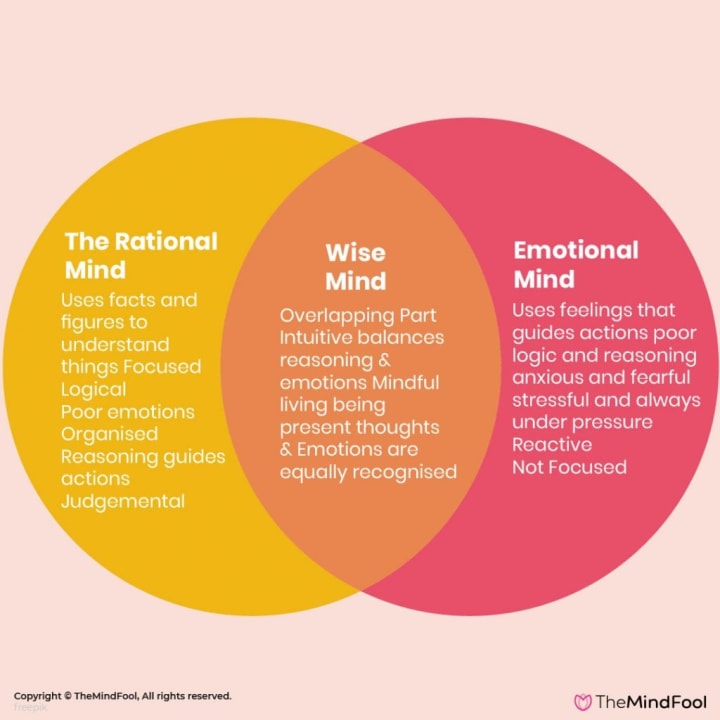10 Ways to Manage Depression and/or Anxiety
Coping Skills that my Friends and I use to Manage our Mental Illnesses

Disclaimer: Although many of these work for my friends and me, that does not mean they will work for you. Also, many of these skills take practice when you are in a good mood in order to help when you go into a bad mood.
*D=depression*
*A=anxiety*
* * *
1. Distraction (D, A)
This one is personally my go-to when I am upset about anything. Some common distraction techniques I use include coloring, watching TV (especially comedies), and listening to (sometimes even playing, depending on my energy) music.
2. Talk about it (D, A)
Though this one may seem obvious, I don't mean talking with a therapist or other professional. I mean, if it is not severe, tell your best friend or family member. If you are in crisis, however, go to the hospital or call a crisis center.
3. Feel your feelings (A)
Another that may sound obvious, and even easy, but so many people bottle up their emotions. I bottled them up for many years. I am finally (after almost three years of short-term intensive psychodynamic therapy) almost to the point of feeling my emotions. It has been difficult and definitely a roller coaster but learning it is such a useful skill. Learning how to feel my feelings has made a huge difference. Putting words to it is still hard but the physical sensations have changed how I perceive situations a lot.
4. Radical acceptance (D, A)
The meaning of this is to accept things as they are, without trying to judge or change them. It's a hard skill but appears to be worth it.
5. Use "wise mind" (D, A)
This is something I learned about years ago but still struggle with. Rather than being overly emotional or overly critical (Sheldon in The Big Bang Theory), try to stay in the middle. This is also sometimes known as "walking the middle path." The image below explains the meaning of each of these frames of mind.

6. Breathing techniques (A)
There are several breathing techniques that I have been taught about, two being more common than anything else, particularly for anxiety. These techniques often need to be done slowly in order to be of assistance.
-Square breathing: Inhale through your nose for a count of 4, hold for 4, exhale through your mouth for 4, wait for a count of 4, then repeat until it has (hopefully) helped some.
-4, 7, 8 breathing: Inhale through your nose for a count of 4, hold for 7, and exhale through your mouth for a count of 8. For this one, you may repeat immediately, rather than waiting for a set count.
7. Scream into a pillow (D)
Most people wouldn't think of this for depression but depression can manifest as anger.
8. Opposite to emotion (D, A)
If you don't feel like getting up, force yourself to get up and maybe even shower and/or stretch. If you feel like you can not breathe, use the breathing skills listed above or any others that you may know of.
9. Mindfulness (mainly A, but D a little)
This is when you focus on the present, as in the current moment (not a gift, pun intended), rather than living in the past or future, as I personally tend to do.
10. Gratitude lists (mainly D, but A a little)
A gratitude list is a list of stuff that you are grateful for. It can be everyday stuff (clothes, house, family, etc.), unnecessary stuff (phone, computer, games, etc.), or a combination of the two. I, personally, try to stick with less materialistic. For example, right now what I am grateful for is that I get to see my high school friend before work.
* * *
I hope this list is helpful to at least one person. If you read it all, thank you. Tips, though not required, are greatly appreciated.
About the Creator
Rene Peters
I write what I know, usually in the form of poetry. I tend to lean towards mental health, epilepsy, and loss/grieving.






Comments
There are no comments for this story
Be the first to respond and start the conversation.